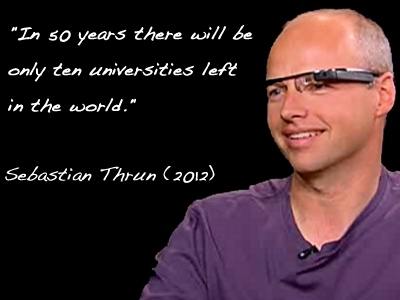Transforming Employee Learning With MOOCs
MOOC means Massive Open Online Course. Simply described, it is an online course designed to have a large number of participants. It might be a traditional course, university style with filmed lectures and readings, or it might be highly interactive with user forums inviting lots of participation from students and professors alike.
In the world of human resources management, it is a means of changing the way we think about corporate training. Cost-effective, it can offer employees a world of training and development opportunities that could never have been possible a few years ago.
Although MOOCs have been around since 2008, it has only been in the last couple of years that they have skyrocketed in popularity. One of the spurs was when the company LinkedIn used it to develop a new learning experience for its employees. Using the best features of corporate MOOCs with Conscious Business, taught by LinkedIn’s vice-president of leadership and organizational development Fred Kofman, they created a pilot program they referred to as blended learning.
As LinkedIn offered the content and structure, their employees responded by giving 16 hours a week over four weeks to adapt the idea of conscious business to their daily work.
For most Human Resources professionals, the potential of using MOOCs as a corporate learning tool is still being considered. Its advantage is that employees can select the learning opportunities they want to close their knowledge gaps or move to new areas of development.
Some HR departments are approaching the issue by issuing regular postings about what major universities are offering either free or low-cost for those who want to pursue their learning goals.
If you decide to take that role, spotlight the courses that would be relevant to employees in specific roles in your organization and explain how the program would be particularly relevant to them. Be sure to include links to the resources and ensure that employees who pursue independent learning will be appreciated and recognized in some manner by the company.
Some companies offer information on a MOOC of the Month and focus highly on the benefits of taking a particular course.
But there is a cautionary note. HR professionals should be convinced that the MOOCs they are presenting are highly relevant and worth the employees' time and energy. If they are interesting programs, but cannot be translated directly to the relevancy of the employee's job, they will lose their impact and the recommendations will fall flat.
Be sure to check the authenticity and value of the course material as well. Look for programs that provide certifications of verification. For example, Stanford University offers “Signature Track” MOOCs that ensure all students completing courses received certifications.









